Dr. Sandra Murray
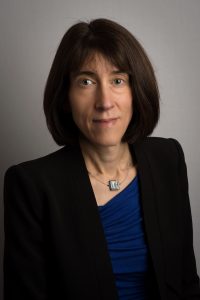
Biography
I am a social psychologist. I earned my Ph.D. at the University of Waterloo, where I worked with John Holmes and Dale Griffin. I then spent two years at the University of Michigan working with Phoebe Ellsworth and Norbert Schwarz. I accepted my first faculty position at UB and I have been here since. When I am not analyzing data, writing papers, or editing, I love to spend time traveling with my family.
Academic Honors
- 2021 Society of Experimental Social Psychology Scientific Impact Award
- 2020 SUNY Chancellor’s Award for Excellence in Scholarship and Creative Activities
- 2016 Berscheid-Hatfield Award for Distinguished Mid-Career Achievement, International Association of Relationships Research
- 2012 Career Trajectory Award, Society of Experimental Social Psychology
- 2007 Society of Personality and Social Psychology Theoretical Innovation Award
- 2007 Distinguished Alumnus: Psychology, Arts in Academics, University of Waterloo
- 2003 American Psychological Association Distinguished Scientific Award for Early Career Contribution to Psychology (Area: Social Psychology)
- 2001 International Society for Self and Identity Outstanding Early Career Award
- 2000 New Contribution Award, International Society for the Study of Personal Relationships
- 1998 New Contribution Award, International Society for the Study of Personal Relationships
- 1997 Young Investigator Award, Society of Experimental Social Psychology, Close Relationships Group
Graduate Students
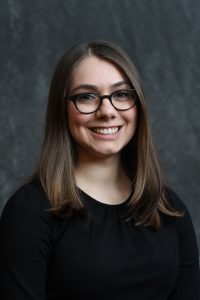
Hope White
Hope is in her final year of the Social-Personality Psychology PhD program at the University at Buffalo and works with Dr. Sandra Murray as her primary advisor. Hope earned her Bachelor of Science degree in Applied Psychology from New York University and her Master of Arts degree in Clinical Psychology from the University at Buffalo.
Hope’s program of research focuses on two aspects of social connection and well-being: 1) interpersonal processes that unfold across different types of close relationships, including romantic relationships, friendships, and parent-child relationships and 2) how solitude can facilitate or hinder relationships and well-being. Hope’s work employs a variety of advanced methods and data analysis techniques including dyadic analyses, ecological momentary assessments, and linguistic analysis. Since 2022, Hope has served on the Emerging Editor Board for Personality and Social Psychology Review.
In her free time, she enjoys sailing on Lake Erie, trying new recipes, and painting.
Hope’s Google scholar profile
Selected publications:
- White, H. I., Bowker, J. C., Adams, R. A., & Coplan, R. J. (2022). Solitude and affect during emerging adulthood: When, and for whom, spending time alone leads to positive and negative affect during social interactions. International Journal of Behavioral Development, 46 (6), 490-499. https://doi.org/10.1177/01650254221133296
- McVarnock, A. M., Coplan, R. J., White, H. I., & Bowker, J. C. (2023). Looking beyond time alone: An examination of solitary activities in emerging adulthood. Journal of Personality. https://doi.org/10.1111/jopy.12905
- Bowker, J. C., White, H. I., & Weingarten, J. (2023). Exploratory study of friendship dissolution characteristics during adolescence. Infant & Child Development, 32(4), e2428. https://doi.org/10.1002/icd.2428
- Bowker, J. C., & White, H. I. (2021). Studying peers in research on social withdrawal: Why broader assessments of peers are needed. Child Development Perspectives, 15(2), 90-95. https://doi.org/10.1111/cdep.12404
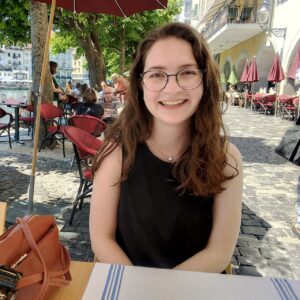
Nicole Koefler
Nicole is in her fourth year of the Ph.D. program in Social Psychology at the University at Buffalo. She earned her B.A. in Psychology and a minor in Theology & Ethics from the Templeton Honors College at Eastern University.
Nicole’s research interests include understanding how individuals seek connection with others and fulfill the fundamental need to belong, and how people make sense of the world as safe and/or threatening.
In her leisure time, she enjoys perusing used-book stores, exploring Buffalo, and increasing her collection of house plants.
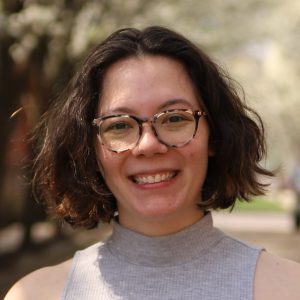
Gabby Pascuzzi
Gabby Pascuzzi is a fourth-year PhD student in University at Buffalo SUNY’s Social-Personality Psychology program.
Her research interests broadly concern close relationships and how different facets of identity (for example, gender) may interact with relationship processes. Additionally, she is interested in why people are interested in being followed on social media by people they don’t know and how people’s sense of shared reality with others (or lack thereof) may impact perceptions of safety, and how people may try to restore that sense of safety.
In her free time, Gabby can be found watching too much reality TV, playing tabletop and video games, and keeping her two cats and many plants alive.
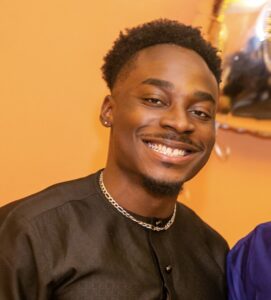
Nathaniel Zedomi
Nathaniel Zedomi is a third-year PhD student at the University at Buffalo. He received his B.A. in 2021 from Houghton University, with majors in Psychology and Physics and minors in Mathematics and Diversity Studies.
Broadly, he is interested in the complex dynamics between prosociality, stress, and various influencing factors such as adversity and intergroup interactions. His research in the lab examines how interdependence in the face of shared threats at one level (group/society) influences responses at another (interpersonal relationships).
Outside of academia, Nathaniel enjoys participating in recreational sports and cherishes spending quality time with his family and friends.
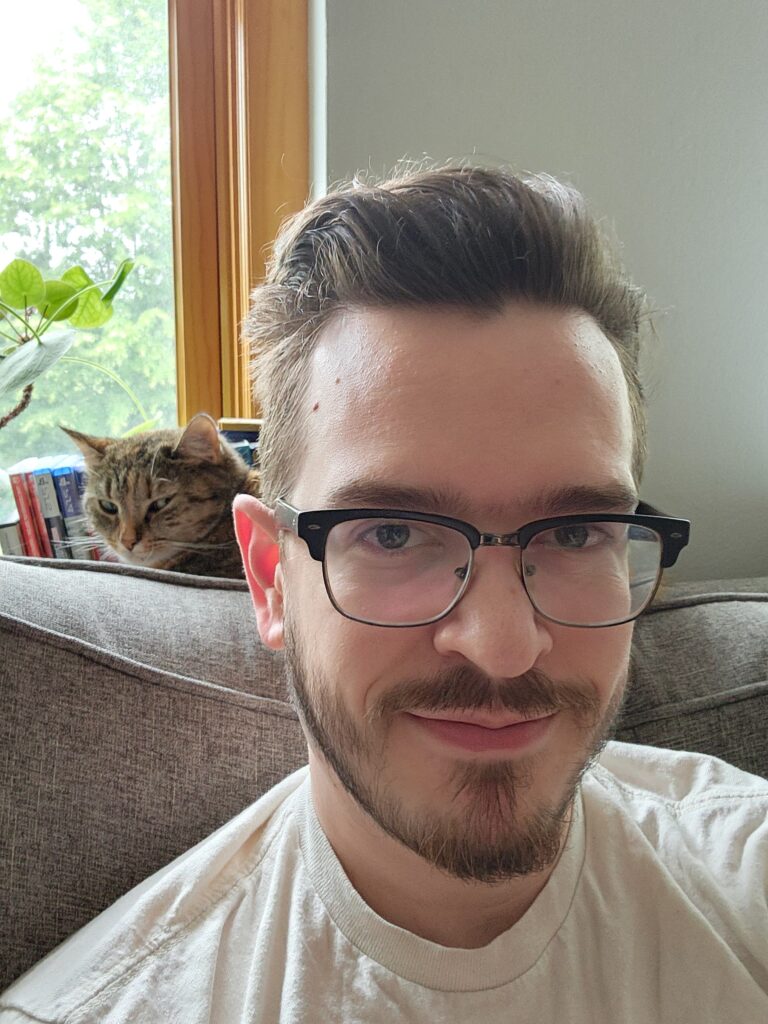
Corey Allred
Corey Allred is a first-year PhD student at the University at Buffalo. He received his B.A. at Carleton College in Psychology with a concentration in Neuroscience.
Corey’s research interests vary from the boundary conditions of empathy and compassion, to the impact of different computer-mediated platforms on interpersonal processes, and to how feeling safe in connections can make us less susceptible to conspiracy theories. In his free time, he enjoys playing video games and DnD with friends, looking after his cat and plants, and getting overly invested in the workings of fictional worlds.